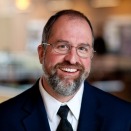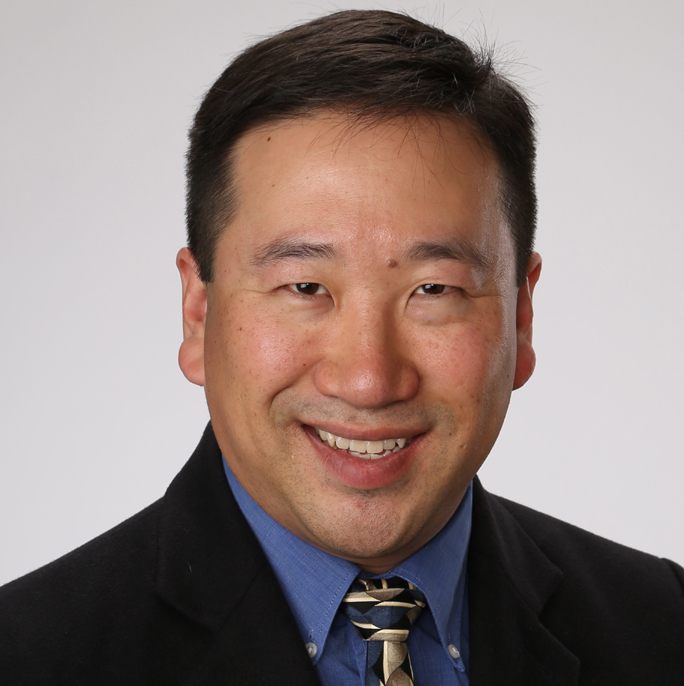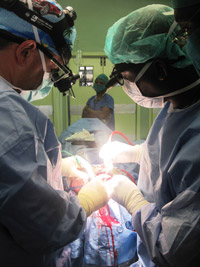Page 1 • (17 results in 0.045 seconds)
-

Chair of Biology | Department of Biology | smithmf@plu.edu | 253-535-7550
Matt Smith Chair of Biology Phone: 253-535-7550 Email: smithmf@plu.edu Office Location: Rieke Science Center - 155 Office Hours: (On Campus) Mon: 11:00 am - 12:00 pm (On Campus) Thu: 2:00 pm - 3:00 pm (On Campus) Fri: 10:00 am - 11:00 am (On Campus) Mon - Fri: By Appointment Professional Additional Titles/Roles Associate Professor of Biology Education Ph.D., Physiology and Neurobiology, University of Connecticut, 1997 B.S., Molecular/Cellular Biology, Humboldt State University, 1990 Areas of
Office HoursMon: 11:00 am - 12:00 pmThu: 2:00 pm - 3:00 pmFri: 10:00 am - 11:00 amMon - Fri: - -

Lecturer | School of Nursing | jth@plu.edu | Dr.
Joseph Ho, MD, PhD Lecturer Email: jth@plu.edu Professional Biography Education PhD, Neurobiology and Behavior, University of Washington MD, University of Washington BS, Cell and Molecular Biology , University of Washington BS, Chemistry, University of Washington Areas of Emphasis or Expertise Neurosurgery Biography Dr. Ho retired from clinical practice as a cerebrovascular and endovascular neurosurgeon after building a successful stroke program at a local hospital system. He gives back to his
Contact InformationArea of Emphasis/Expertise -
All That Jas: Journal Abbreviation Sources Hypermedia Glossary of Genetic Terms UCMP Glossary
Biology Developmental Biology C. elegans Movies Trans-NIH Xenopus Initiative Xenbase: A Xenopus biology and genomics resource Wormatlas Evolution Evolution Resources from National Academies Genetics MendelWeb Marine Biology Underwater Times Washington Tides Microbiology MicrobeWorld Navigating Careers in Biology Career Resources – American Society of Biochemistry and Molecular Biology (ASBMB) Careers in the Biological Sciences Master’s Degree Online Neurobiology Allen Brain Atlas Portal Society for
-

Editor’s Note: Dr. Michael Haglund gave the Distinguished Alumnus Lecture during the Homecoming 2013 festivities in October. Neurosurgeon, alum follows his heart and passion to Africa By Heather Perry ’13 May 18, 1980 is the day Mt. St. Helens blew its top , but Dr.…
January 3, 2013 Editor’s Note: Dr. Michael Haglund gave the Distinguished Alumnus Lecture during the Homecoming 2013 festivities in October. Neurosurgeon, alum follows his heart and passion to Africa By Heather Perry ’13 May 18, 1980 is the day Mt. St. Helens blew its top, but Dr. Michael Haglund remembers it as the day he graduated from Pacific Lutheran University. More than three decades and multiple degrees later, Haglund is now a professor of neurosurgery, neurobiology, and global health
-
The WAVE Fellows program provides support for undergraduate students, who are underrepresented in STEM and intend on pursuing a Ph.D., to conduct a 10-week summer research project under the mentorship of Caltech faculty. Research opportunities in biology, neuroscience, chemistry, chemical engineering, engineering and applied science,…
Quantum Physics (Research areas: Astrophysics, Mathematics, Physics, Quantum) November 16, 10:30 am Chemistry and Chemical Engineering (Research areas: Biochemistry and Molecular Biophysics, Chemical Engineering, Chemistry) November 16, 1:00 pm Biology and Biological Engineering and Neuroscience (Research areas: Bioengineering, Biology, Computation and Neural Systems, Neurobiology) November 17, 10:30 am Sustainability Research Across Caltech (Research areas: Cross-disciplinary research in climate
-

By Sarah Cornell-Maier. Understanding the function of the human brain is a truly enlightening experience, especially when you tie brain research into the newest developments in computer technology, creativity, and innovation studies. Recently, I got the opportunity to sit down at Pacific Lutheran University with…
ability to act in entrepreneurial ways. Innovation Studies is concerned with how creative thinking actually happens–either in practical workplace settings or deep within the realms of cognitive psychology or neurobiology. The minor is also concerned with consumer behavior and the modern dynamics of capitalism, which connects marketing and business planning to the perception, emotion, and personality skills that Psychology students develop. Whether Psychology students go directly into a psychological
-
Biology is an adventure! It’s solving problems about living organisms. As a student of biology you must have a curiosity about living things and a foundation for questioning, exploring,
biology, physiology, cell biology, genetics, immunology, microbiology, molecular biology, and neurobiology. Biology graduates also find immediate employment opportunities in secondary education, fish and wildlife programs, environmental programs, pharmaceutical industries, basic research, genetic engineering and other biotechnology areas. Our faculty members have expertise in career counseling PLU biology students. They work with you to plan coursework, map out career objectives and assist with
-
Biology Courses The following courses are required by most programs: BIOL 225: Molecules, Cells, and Organisms BIOL 226: Genes, Evolution, Diversity and Ecology You might also consider some of the
Therapy Association also provides a list of accredited PT and PTA programs available in the United States and a summary of each program’s prerequisites.Biology Courses The following courses are required by most programs: BIOL 225: Molecules, Cells, and Organisms BIOL 226: Genes, Evolution, Diversity and Ecology You might also consider some of the following upper level courses: BIOL 353: Comparative Anatomy BIOL 444: Neurobiology BIOL 453: Mammalian Physiology Most PT schools require you to take
-
Biology Courses The following courses are required by most programs: BIOL 225: Molecules, Cells, and Organisms BIOL 226: Genes, Evolution, Diversity and Ecology You might also consider some of the
Therapy Association also provides a list of accredited PT and PTA programs available in the United States and a summary of each program’s prerequisites.Biology Courses The following courses are required by most programs: BIOL 225: Molecules, Cells, and Organisms BIOL 226: Genes, Evolution, Diversity and Ecology You might also consider some of the following upper level courses: BIOL 353: Comparative Anatomy BIOL 444: Neurobiology BIOL 453: Mammalian Physiology Most PT schools require you to take
-
12 semester hours in one of the following six work sectors A. Education 12 semester hours from one of the following areas Biology Chemistry Computer Science Education English Geosciences Math
: Introductory Microbiology BIOL 205: Human Anatomy and Physiology I BIOL 206: Human Anatomy and Physiology II BIOL 225: Molecules, Cells, and Organisms BIOL 341: Developmental Biology BIOL 342: Microbiology BIOL 352: Comparative Anatomy BIOL 444: Neurobiology BIOL 448: Immunology BIOL 449: Virology BIOL 453: Mammalian Physiology Chemistry CHEM 105: Chemistry of Life CHEM 403: Biochemistry I CHEM 405: Biochemistry II Kinesiology KINS 277: Foundations of Kinesiology KINS 279: Teaching Physical Activity KINS
Do you have any feedback for us? If so, feel free to use our Feedback Form.


